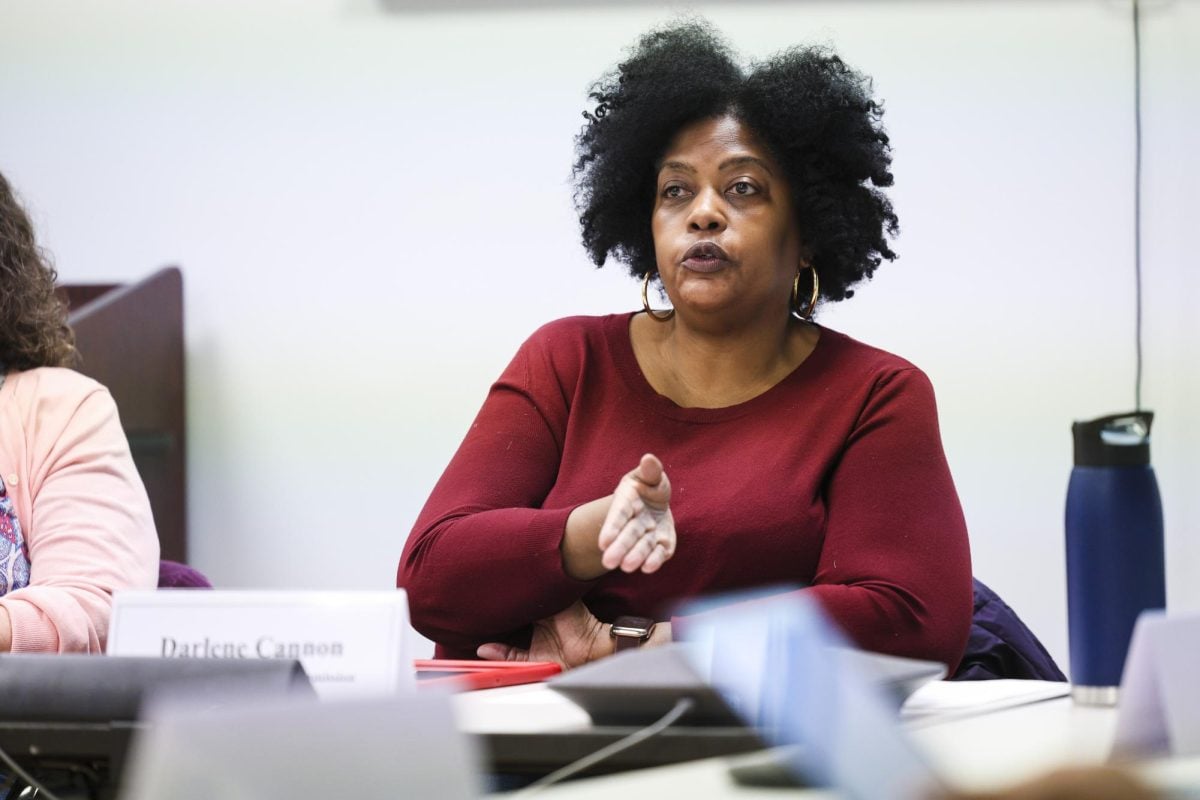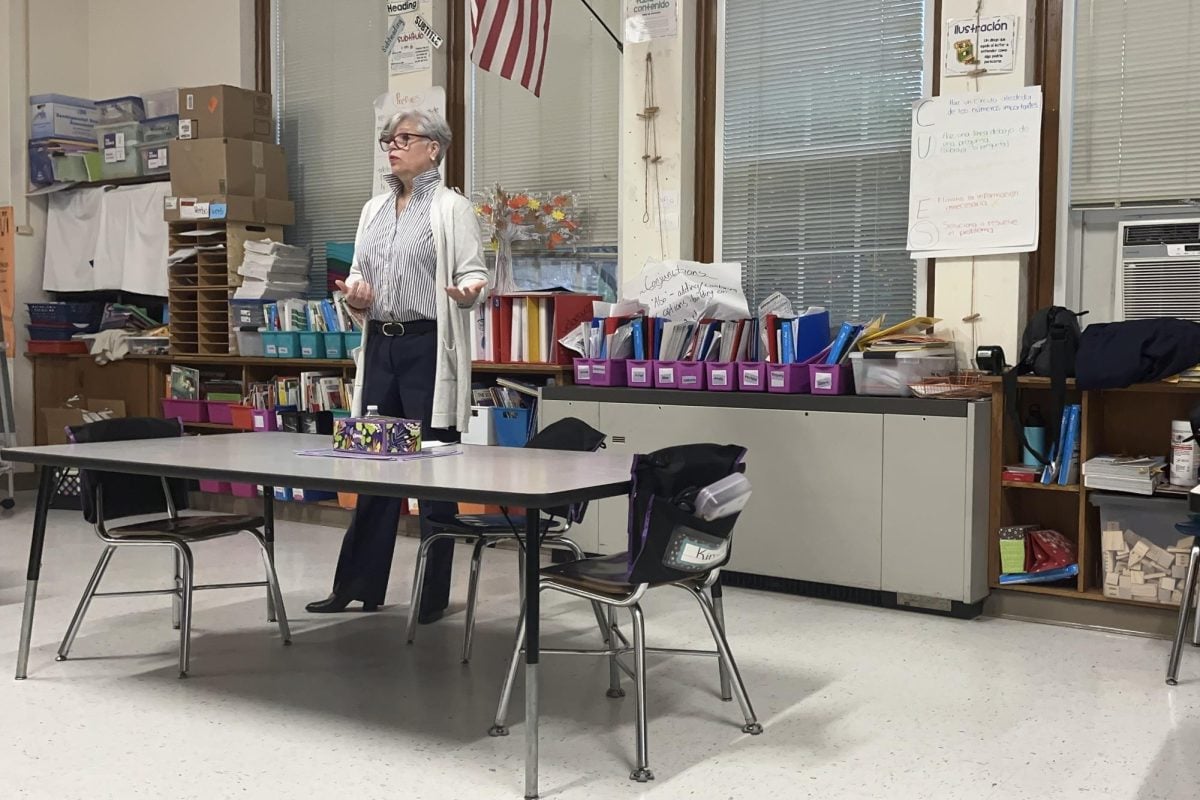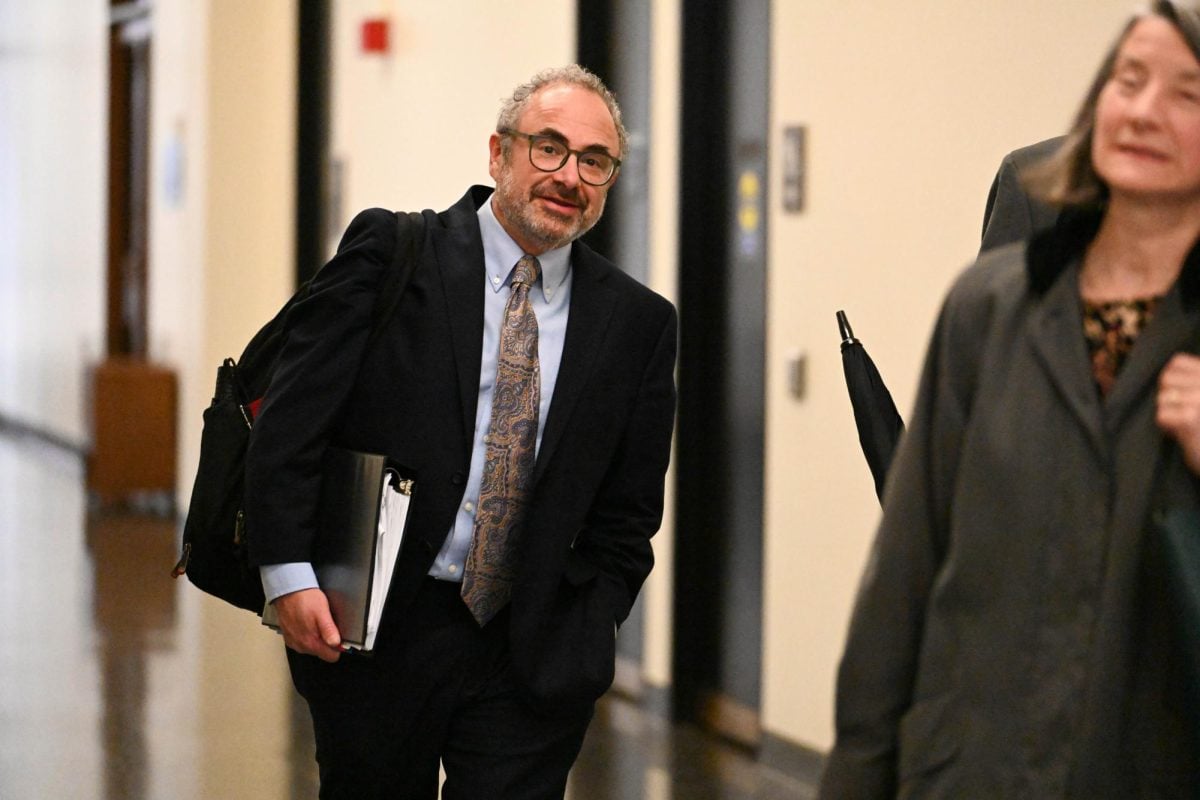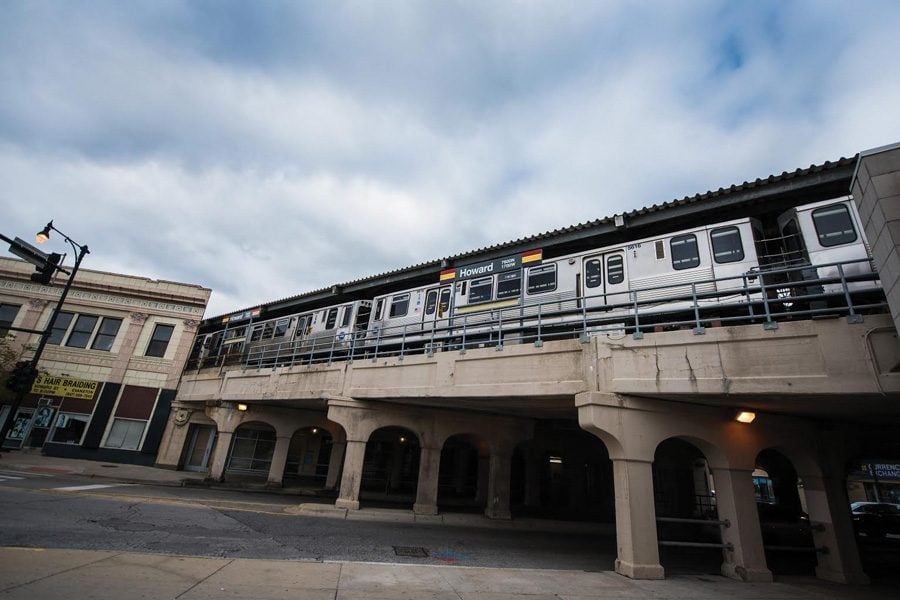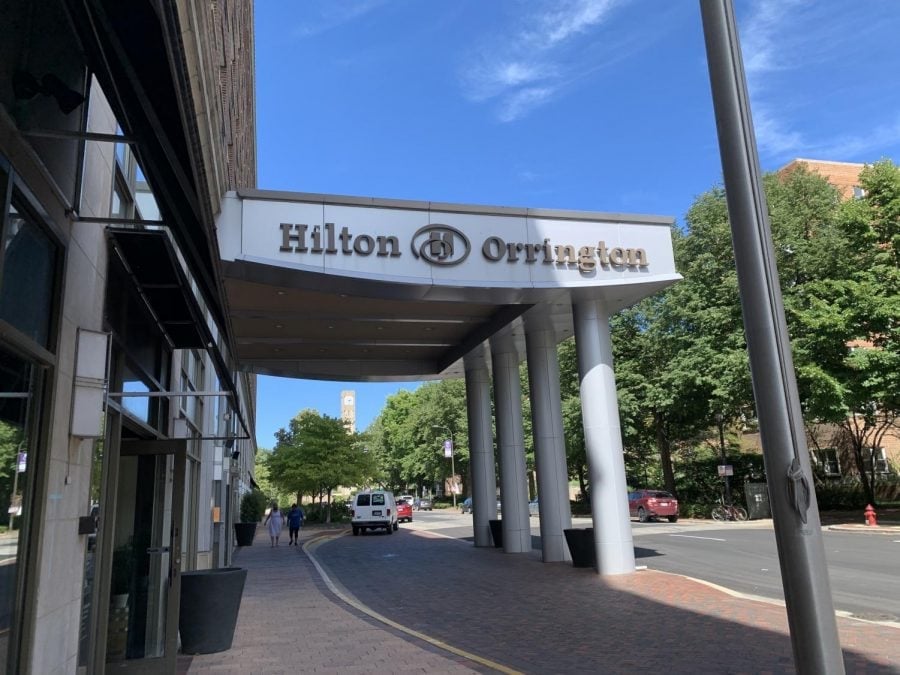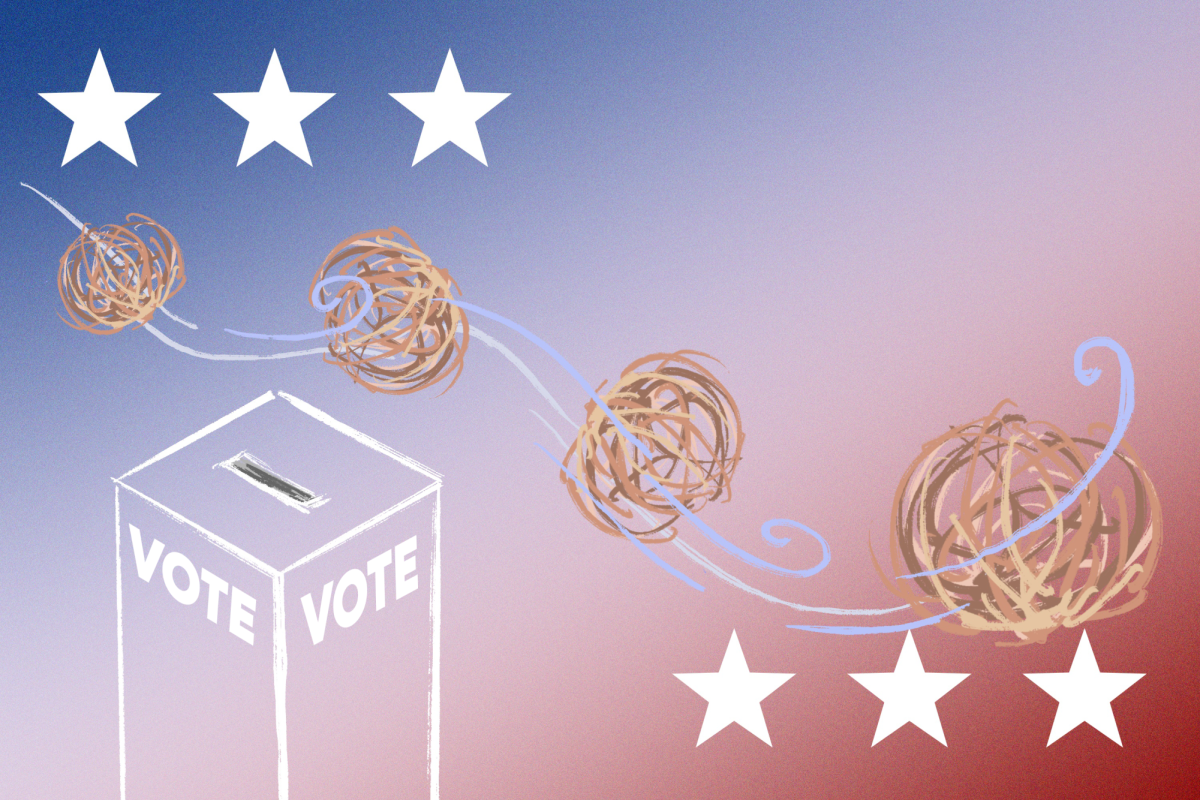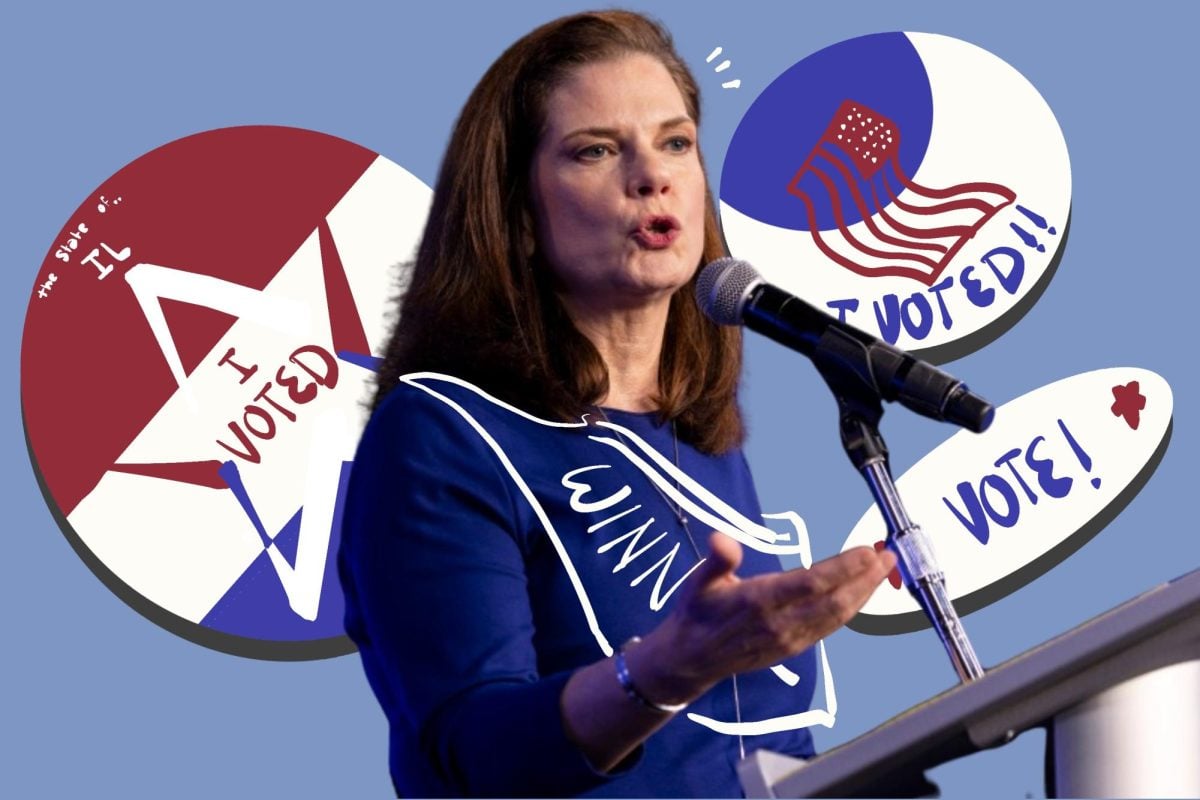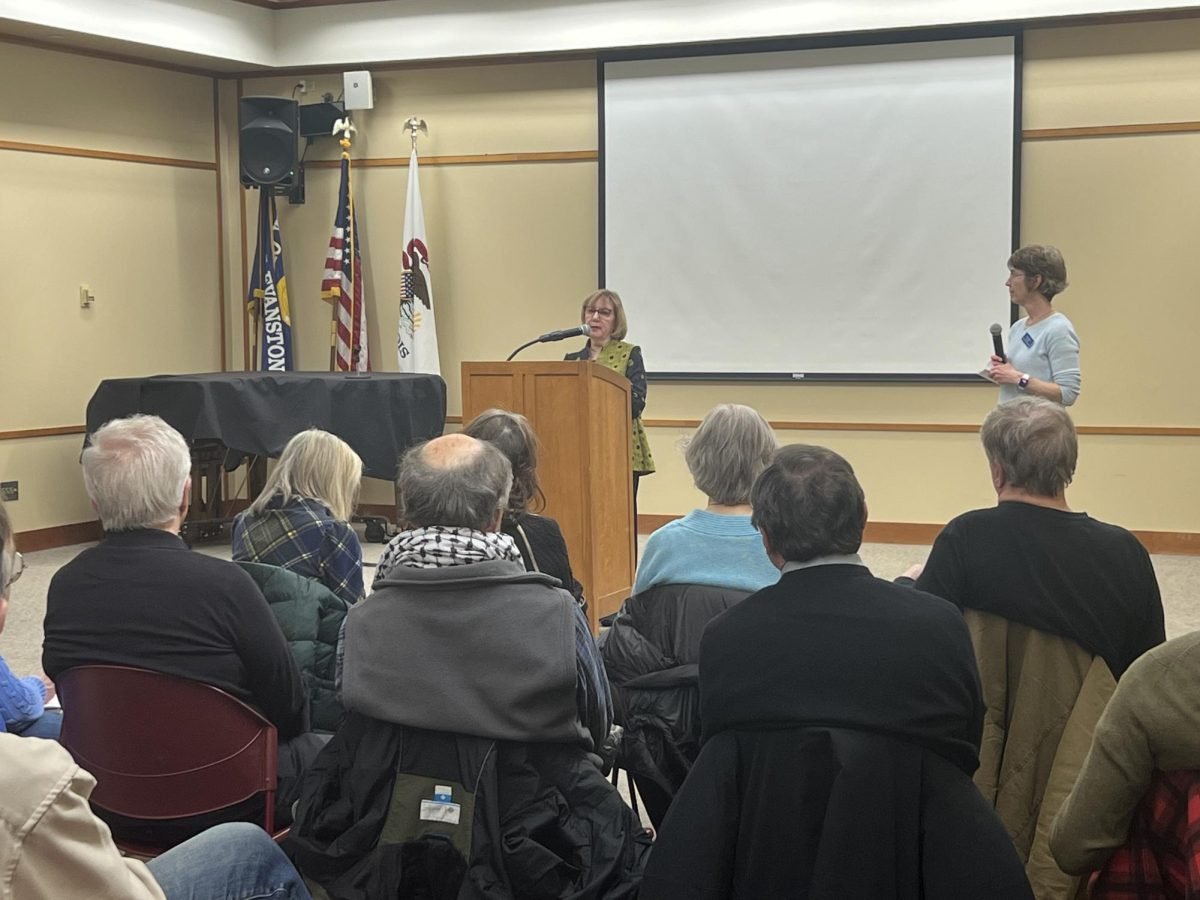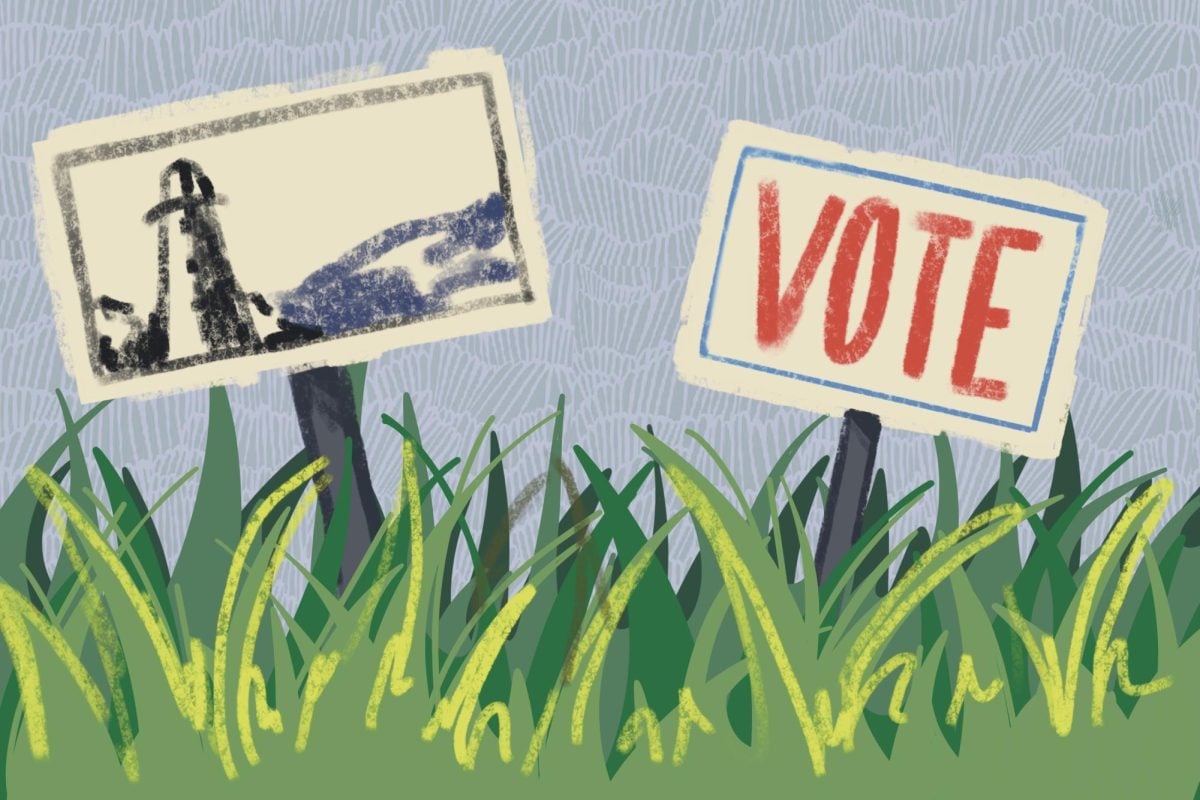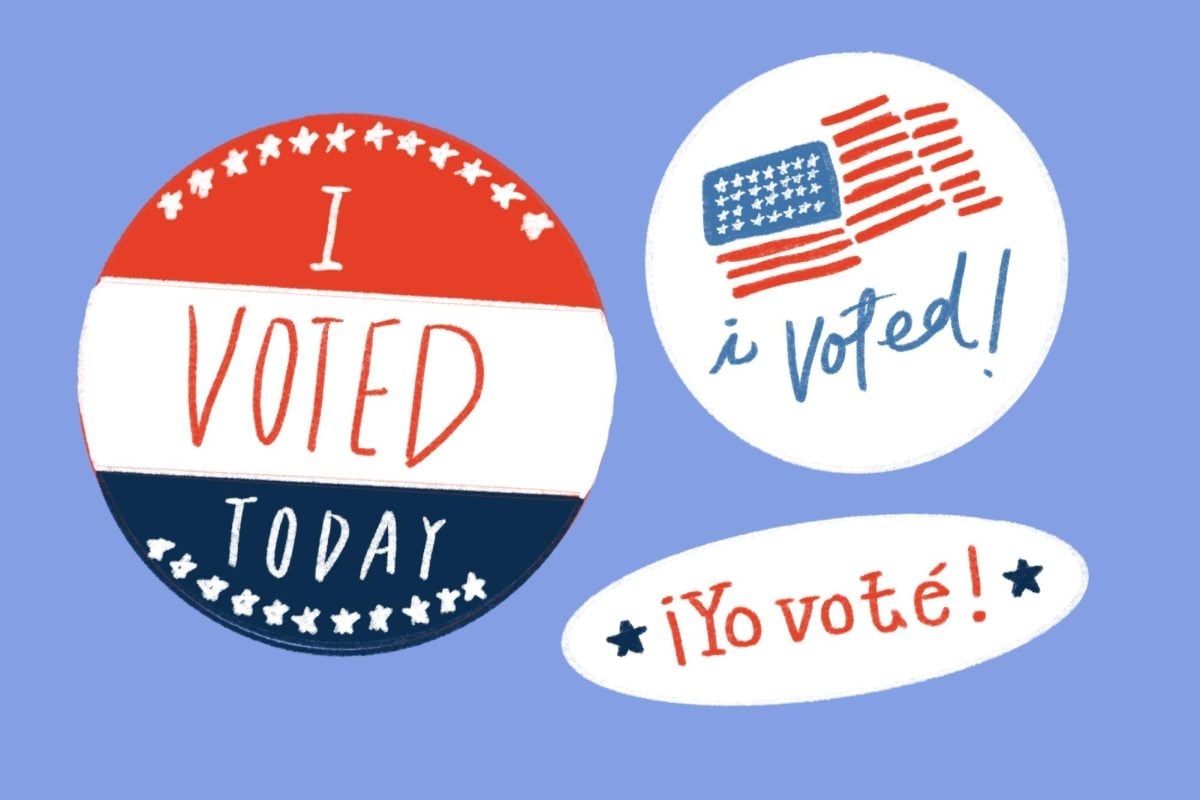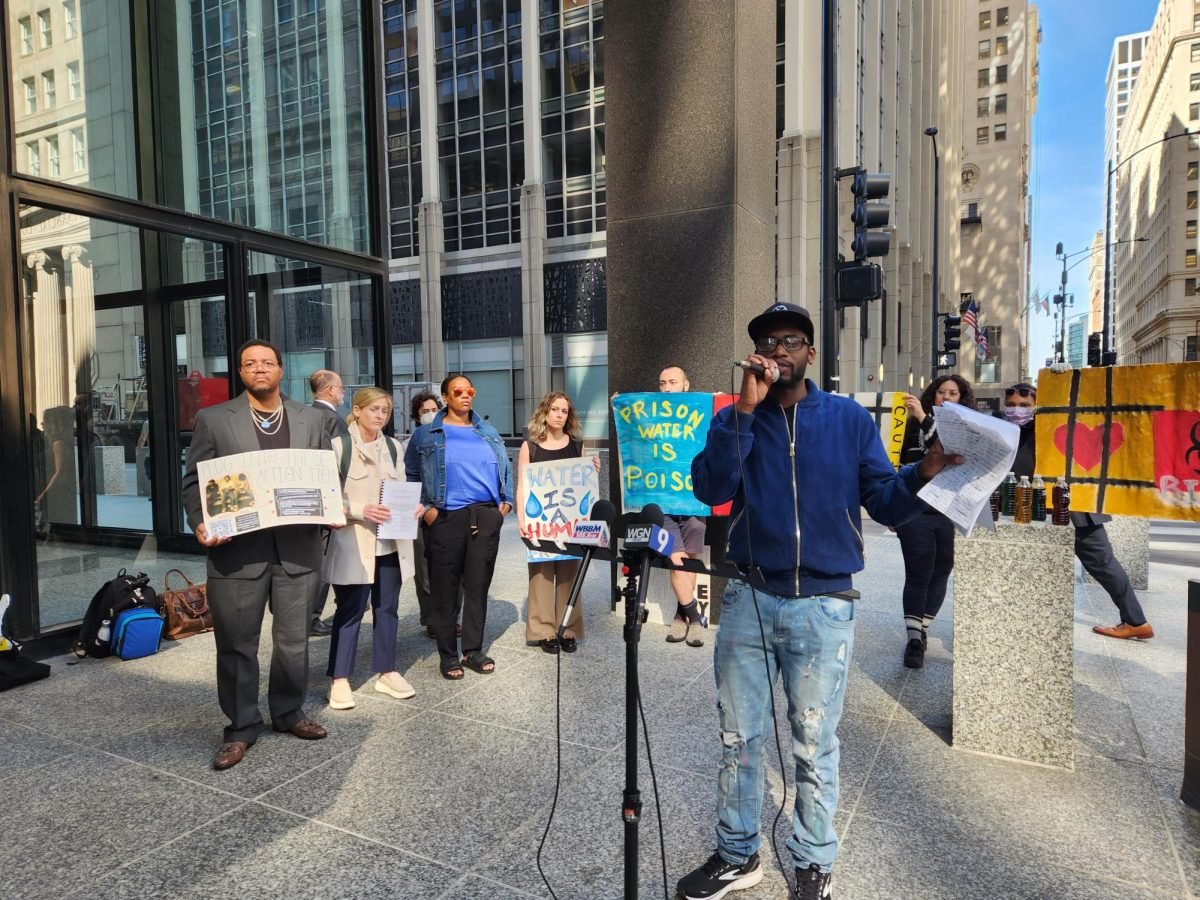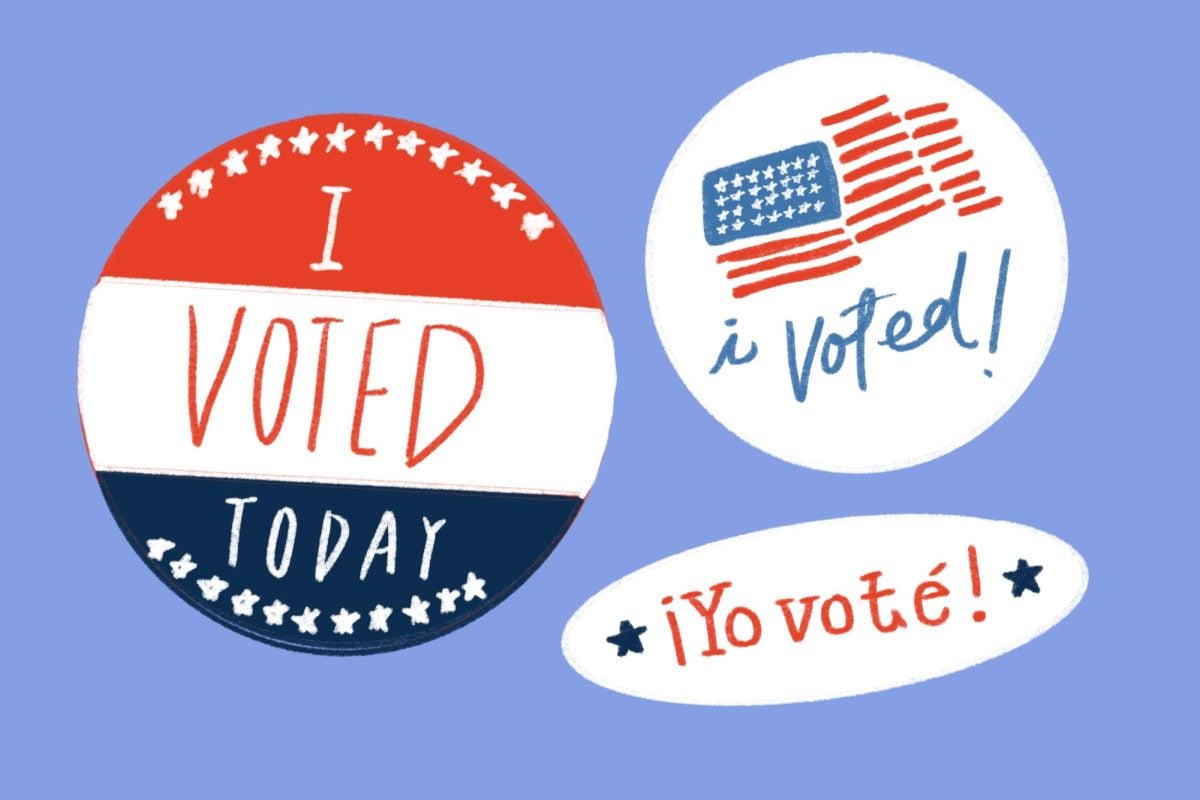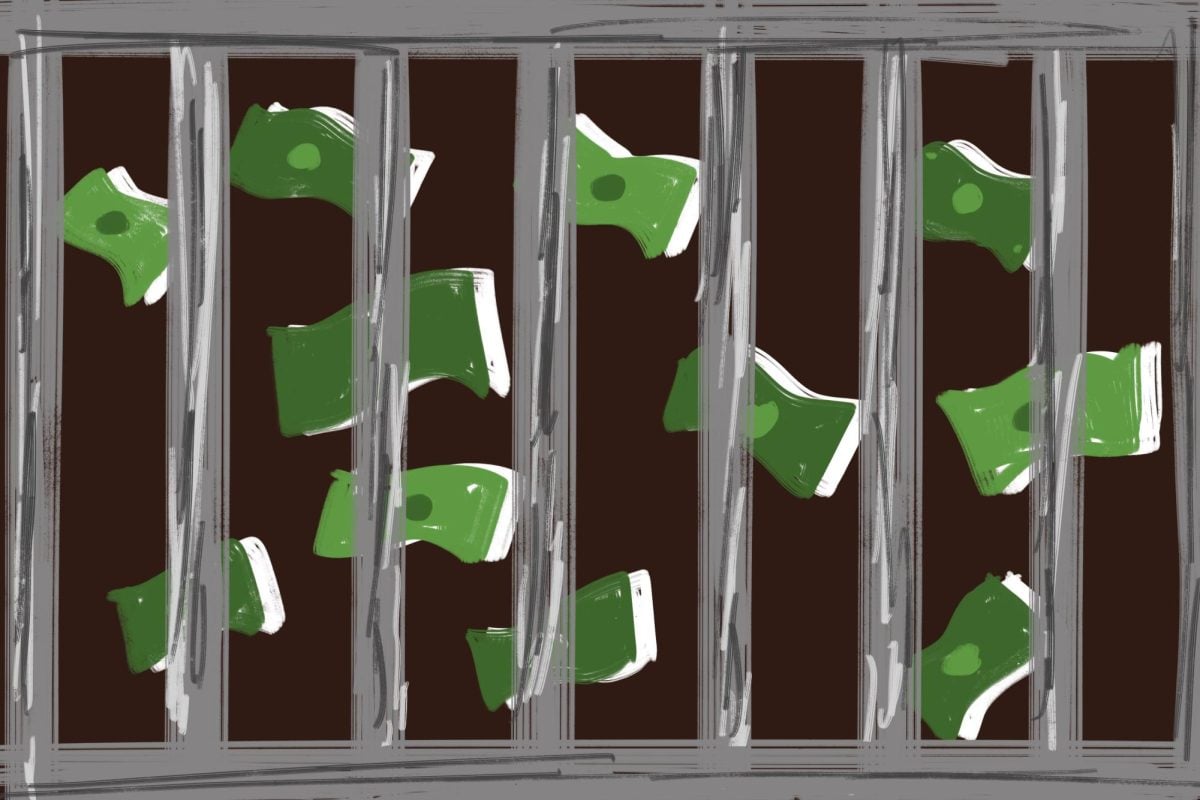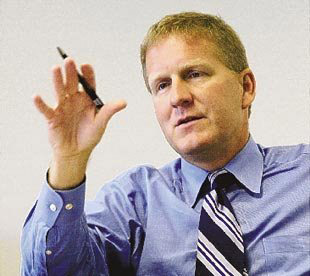
Illinois legislators rallied Wednesday to support a bipartisan pension reform bill that would gradually shift payment responsibility from the state to public employers.
House Republican Leader Tom Cross (R-Oswego) and Rep. Elaine Nekritz (D-Northbrook) proposed House Bill 3411, which has gained bipartisan support from 32 co-sponsors as of Sunday.
“This legislation is the most complete, fairest bill we could come up with that will solve our pension crisis,” Cross said in a statement Wednesday. “We’ve filed and supported many bills and concepts along the way, but we believe this is the answer.”
Under the proposal, public employees hired since 2011 would have a hybrid defined benefit and defined contribution plan in which they will contribute additional money into a 401(k)-style benefit plan.
The bill contains similar measures to an earlier one proposed by state Sen. Daniel Biss (D-Evanston), who is now a co-sponsor of the new bill.
“This will be a very meaningful step toward achieving swift resolution of comprehensive state pension reform to saving the state budget,” Biss said. “We all knew there was a way of meeting in the middle of putting both coalitions together at once, and I think today we found it.”
State Rep. Thomas Morrison (R-Palatine), who also co-sponsored the bill, said a shift to a defined contribution plan would give public employees greater flexibility in managing their pension funds.
“The proposal seems to have the broadest support for a pension bill,” said Morrison, who also filed his own pension reform bill on the same day. “The problem with a defined benefit plan is all of the risk is carried by the taxpayers.”
But not everyone is satisfied with the new bill. Although the bill proposes new measures, it does not contribute to real changes, said Amanda Kass, research and policy specialist at the Center for Tax and Budget Accountability.
“I would say it is more of the same, in it still is not dealing with the funding problem,” Kass said. “This legislation would create a hybrid (benefit plan) and the worry is it is a really insignificant benefit.”
Should the bill pass through the general assembly, it would still face a constitutionality test because the bill requires employees to pay more toward their pensions, Kass said. She said a similar law passed last year in Arizona, and it was ruled unconstitutional.
Illinois’ labor union coalition We Are One Illinois also opposed the bill, arguing it is unconstitutional.
“The new Nekritz-Biss-Cross bill is a step backwards,” the coalition said in a Wednesday statement. “HB 3411 continues to focus on unfair, unconstitutional benefit cuts that erode the value of retirees’ pensions.”
Dave Urbanek, a spokesman for the state’s Teachers’ Retirement System, said his organization does not oppose shifting payment responsibilities to schools.
“It doesn’t matter whose money it comes from,” Urbanek said. “What matters is the money does go to our account.”
Morrison said the bill he proposed would freeze pension benefits and shift the system to a defined contribution system, allowing workers to share funding risks. He acknowledged, however, that even though his plan does not increase employee contributions, it will face opposition from labor unions.
“I’m going to vote for the plan that goes the farthest,” Morrison said. “I don’t think we should put a Band-Aid on the problem. We’ve got to fix it if we have any hope of restoring the strength of the state.”


